During the Leaders' Summit held on December 14-15 at the headquarters of the European Union (EU) in Brussels, Ukraine received both good and bad news.
The good news is that Ukraine moved a step closer to EU membership late on December 14 after the European Council decided to open negotiations with the conflict-ridden Eastern European country.
It was a symbolic victory, a major political boost for Ukrainian President Volodymyr Zelensky at a difficult time when Kiev's offensive to retake territory from Russian forces has bogged down, and when he is struggling to maintain support from the US and EU – Ukraine's two main donors.
Regarding the funding issue, the bad news for Ukraine is that early on December 15, Hungary blocked the EU from approving a 50 billion Euro (54 billion USD) financial aid package for Ukraine. This makes Ukraine's victory above incomplete.
Victory for all
The decision to open EU accession talks comes at a crucial time for President Zelensky, who has just returned from a grueling trip to the US, where he sought desperately needed $60 billion in aid for his war effort but was thwarted by political divisions in Congress .
While the gap between accession talks and full membership could be years and the process will not begin immediately, the decision at the final EU Summit of 2023 will bring Ukraine one step closer to its long-term strategic goal: to integrate into the West and free itself from Russia's orbit of influence.
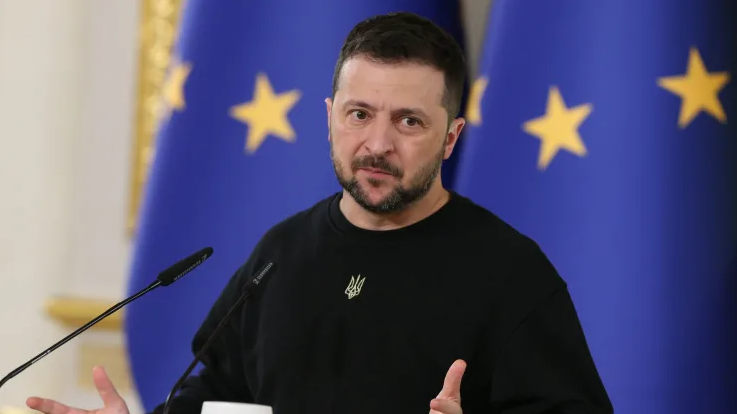
Ukrainian President Volodymyr Zelensky. Photo: Getty Images
“This is a victory for Ukraine. A victory for all of Europe. A victory that motivates, inspires and strengthens,” Zelensky tweeted in response to the good news. “History is made by those who tirelessly fight for freedom,” he said.
The EU used a highly unorthodox way to make the decision: Hungarian Prime Minister Viktor Orban, the European leader with the closest ties to Moscow, agreed to leave the meeting room while his colleagues from the other 26 member states agreed to open accession talks with Ukraine.
German Chancellor Olaf Scholz played a key role in forcing Orban out of the meeting room to make way for the announcement, diplomats and officials said. Mr. Scholz said the decision was “a strong sign of support” for Ukraine.
“The 26 member states insisted that this decision had to be made, so Hungary decided that if the 26 countries decided like this, they should go their own way and Hungary did not want to be part of this bad decision,” Mr Orban said. This time Hungary actually abstained.
The EU – whose members still value their independence on strategic and foreign affairs matters – typically operates by consensus.

At the summit on 14/15/2023, German Chancellor Olaf Scholz suggested that if Hungarian Prime Minister Viktor Orban was truly unwilling to agree to open accession talks with Kiev, he should consider leaving the meeting room at short notice when the remaining EU leaders announced their decision. Photo: Getty Images
Portuguese Prime Minister Antonio Costa said Mr Orban had not asked for anything in return for the decision being made public.
“He realized that we were in a situation where 26 people had the same position and he had a different position. So he didn’t want to block it and this solution was found,” Mr. Costa said.
In addition to Ukraine, EU leaders also agreed to start accession talks with another former Soviet republic, Moldova, and to grant candidate status to Georgia. They will also start membership talks with the former Yugoslavia of Bosnia and Herzegovina after it carries out certain political reforms.
Tolerate small delays
Early on December 15, European Council President Charles Michel, who chaired the meetings, told the media that 26 EU countries supported financial assistance to Ukraine, but one country did not.
“One leader disagreed on this,” Mr. Michel said at an impromptu press conference at 3 a.m. local time on December 15, adding that the leaders would reconvene to try to secure the consensus needed for the decision by “early January” next year.
Hungarian Prime Minister Viktor Orban, who has previously held back some EU sanctions against Moscow and is seen as Russian President Vladimir Putin's closest ally in the bloc, said earlier on December 14 that aid for Ukraine would only come after Europe-wide elections scheduled for next summer.
Ukraine can afford a small delay in approving the aid. The EU already has dedicated funding for Kiev in its current budget, while €50 billion is blocked in a new aid package for the Eastern European country from 2024 to 2027.
If Mr Orban continues to block funding, the EU could still build trust with the remaining 26 member states, all of whom have signaled their approval. But doing so would be cumbersome and would further illustrate the problems the bloc faces: cracks in the EU’s support for Ukraine.
“We have various tools in our toolbox to ensure that we deliver on our political promises,” Mr. Michel said when asked whether the remaining 26 EU leaders who agreed to aid Ukraine could exclude Hungary from the process.
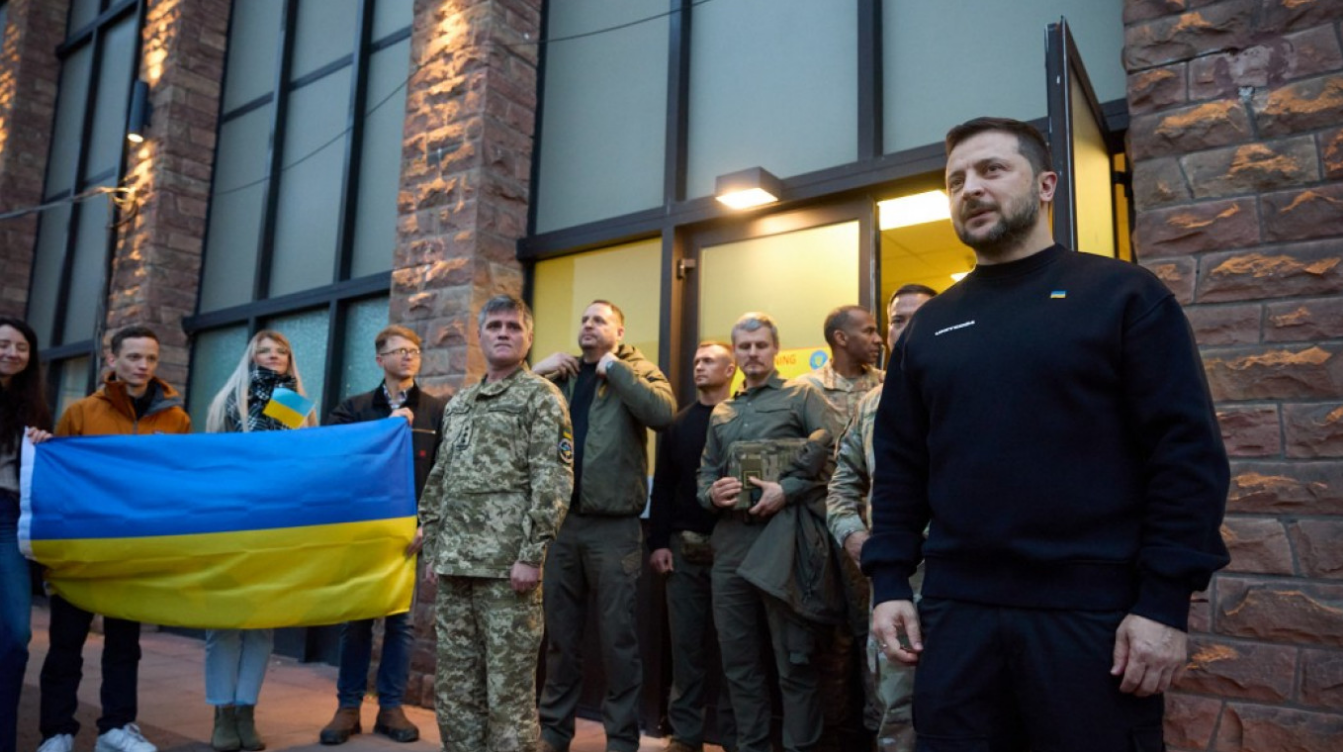
Ukrainian President Volodymyr Zelensky arrives at the US Army European Command in Wiesbaden during a surprise visit to Germany on December 14, 2023. The same day the EU decided to open accession talks with Ukraine. Photo: Moscow Times
Critics say Budapest's opposition to opening accession talks with Kiev and long-term funding for Ukraine is best understood as an attempt by Mr Orban to free up EU funds earmarked for Hungary.
The EU released 10 billion euros ($11 billion) of such frozen funds on December 13. The European Commission, the bloc’s executive body, said it acted after Hungary met judicial reform demands. Officials said the timing of the release of the funds, just before the summit, was coincidental.
Critics have denounced the move as a surrender to Hungarian “blackmail,” a claim Mr Orban has rejected. “We are not here to talk business,” Mr Orban said. “It is not a bargain. It is not about a deal. We stand for approaches and principles.”
“Hungary does not link any of Hungary's problems with any of Ukraine's or any other problems,” the nationalist leader said.
Feel not abandoned
However, there is another sign that the Hungarian leader plans to continue making things difficult for Ukraine's EU accession process.
Mr Orban called opening formal talks with Kiev a “bad decision”, said Balazs Orban, one of the Hungarian prime minister’s closest advisers, suggesting on Twitter that Budapest had more room to disrupt accession talks with Ukraine that would normally take years.
As the year draws to a close, pressure is growing in the US and EU to provide more assistance to Ukraine despite political obstacles.
The intensity of the warnings has increased. White House national security adviser Jake Sullivan said on December 13: “I don’t think it’s an exaggeration to say that the security of Europe is fundamentally at stake, and therefore the risk that Americans will have to deal with another major war in Europe, as we have before, if we don’t work with Ukraine to deter Russia.”
Also on December 13, German Chancellor Olaf Scholz reiterated Berlin's commitment to doubling aid to Ukraine to nearly $9 billion next year.
“Mr Putin is still determined to bring Ukraine to its knees by force,” Mr Scholz told the German parliament. “And he is counting on international support for Ukraine to weaken.”
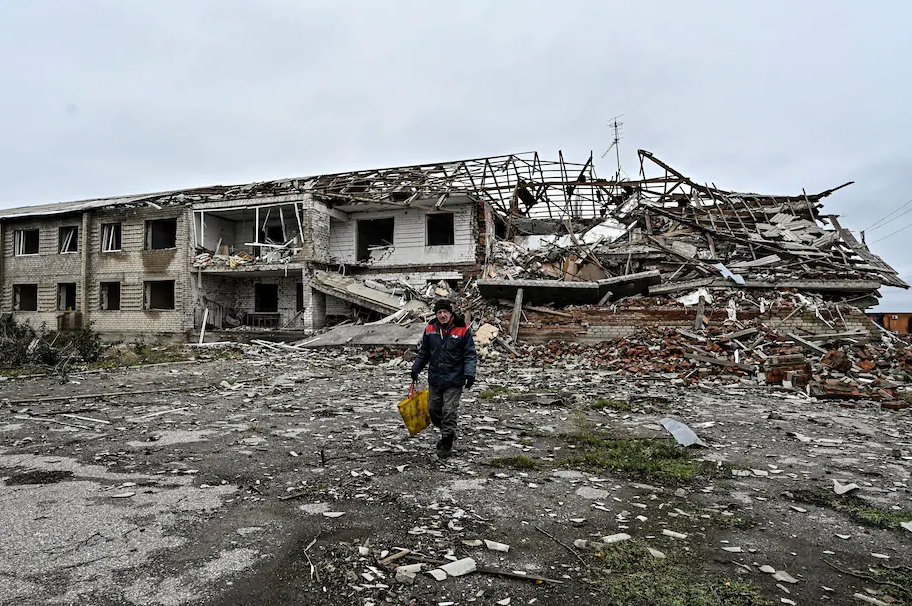
A view of the destruction caused by shelling in the city of Orikhiv, Zaporizhia region. Photo: Washington Post
Even if the United States were to turn its back on Ukraine – in the event that former President Donald Trump were re-elected and returned to power next year – “Europe cannot do that,” said Nathalie Tocci, director of the Italian Institute of International Affairs.
“I don’t see Europeans stopping trying to support Ukraine, even if our aid is not enough,” she said.
As the Americans head into a difficult election, “Europe needs to take ownership of its support for Ukraine” rather than feeling “that it is participating in an American campaign,” said Ulrich Speck, a German analyst. “Europe needs to take responsibility. America will no longer do everything alone.”
On the evening of December 14, the people of Kiev greeted the announcement of the EU's decision to open accession talks with a sigh of relief, describing it as good news in an otherwise gloomy period for the country.
“It’s a signal that we are not abandoned,” said Victoria Titova, 30, on a snow-covered street in central Kiev. “It means that this country still has a future.”
Many Ukrainians see EU integration as the only way to secure continued support against Russia.
“Only the EU can protect us,” said Slava Kosenko, 37. “It is our only chance . ”
Minh Duc (According to NY Times, Reuters, AP, GZero Media)
Source



![[Photo] Bustling Mid-Autumn Festival at the Museum of Ethnology](https://vphoto.vietnam.vn/thumb/1200x675/vietnam/resource/IMAGE/2025/10/4/da8d5927734d4ca58e3eced14bc435a3)


![[Photo] Solemn opening of the 8th Congress of the Central Public Security Party Committee, term 2025-2030](https://vphoto.vietnam.vn/thumb/1200x675/vietnam/resource/IMAGE/2025/10/4/f3b00fb779f44979809441a4dac5c7df)
![[Photo] General Secretary To Lam attends the 8th Congress of the Central Public Security Party Committee](https://vphoto.vietnam.vn/thumb/1200x675/vietnam/resource/IMAGE/2025/10/4/79fadf490f674dc483794f2d955f6045)
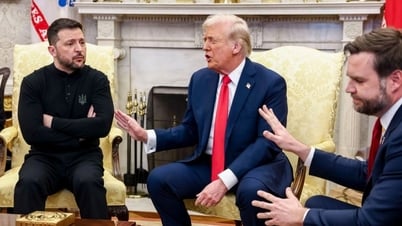



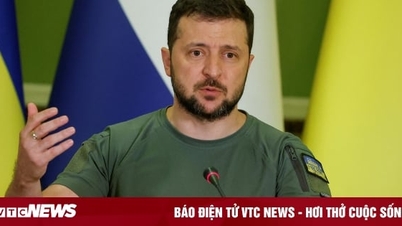
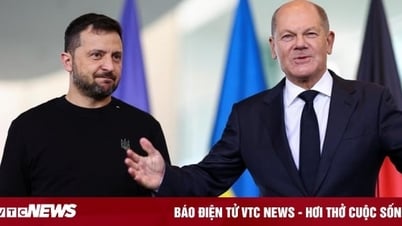


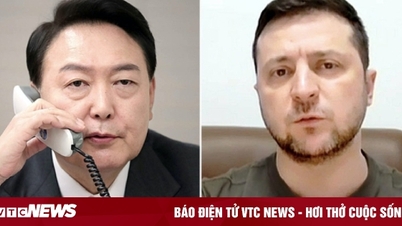
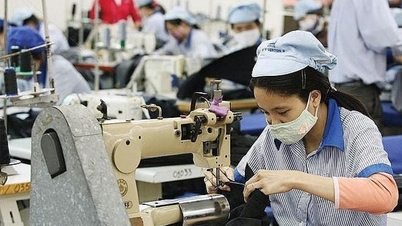


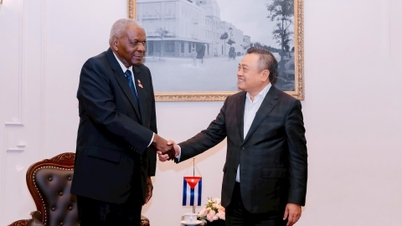
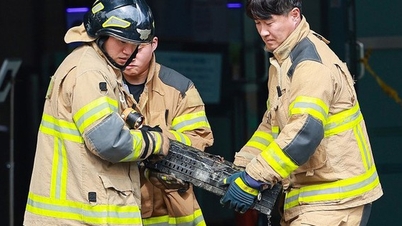

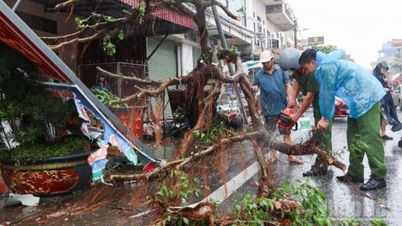




































![[VIDEO] Summary of Petrovietnam's 50th Anniversary Ceremony](https://vphoto.vietnam.vn/thumb/402x226/vietnam/resource/IMAGE/2025/10/4/abe133bdb8114793a16d4fe3e5bd0f12)

![[VIDEO] GENERAL SECRETARY TO LAM AWARDS PETROVIETNAM 8 GOLDEN WORDS: "PIONEER - EXCELLENT - SUSTAINABLE - GLOBAL"](https://vphoto.vietnam.vn/thumb/402x226/vietnam/resource/IMAGE/2025/7/23/c2fdb48863e846cfa9fb8e6ea9cf44e7)















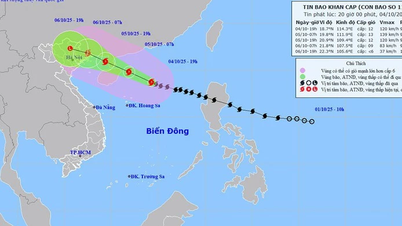

















Comment (0)